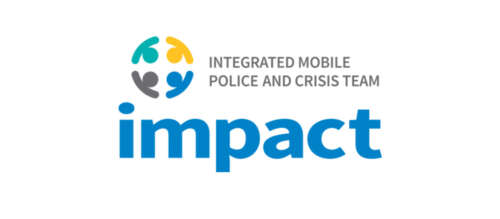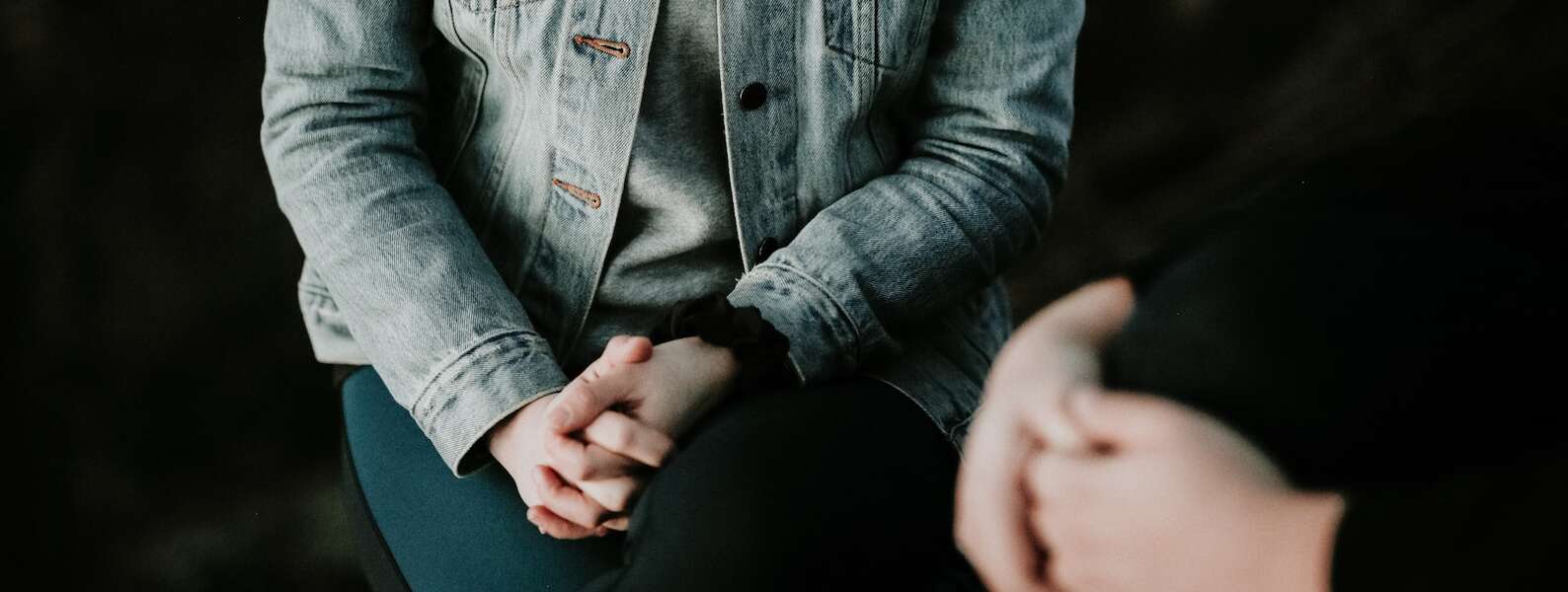
A pilot project to provide immediate response to those on the University of Guelph campus undergoing a mental health crisis has led to a significant reduction in the need for police or emergency medical intervention.
In the 12 months since U of G became the first university in Ontario to embed a dedicated mental health professional alongside campus safety officers when assisting with crisis calls, there’s been a drop in the need for a police response or to send individuals to hospital.
Last October, U of G’s Student Wellness Services launched IMPACT (Integrated Mobile Police and Crisis Team) with the Canadian Mental Health Association Waterloo Wellington, building on similar models used in several communities across Canada.
The pilot has seen a dedicated mental health professional stationed on campus four nights a week to fill the gap when regular wellness services are closed and to respond with a safety officer when calls are received about an individual at risk.
In the last year, IMPACT workers received 116 distress calls and attended 13 live calls. In 10 of those calls, the IMPACT worker was able to assess and manage the crisis avoiding the need to send the individual to hospital. Additionally, in four calls, there was no need for a police response.
Mental health professional can offer immediate supportive care
Trish Schmidt, manager of counselling services at U of G’s Vaccarino Centre for Student Wellness, said since so many crises happen at night, it’s critical to have this resource available after-hours.
“Before this program, campus safety officers had to respond on their own and navigate students’ mental health crises with few options other than sending them to hospital,” she said. “Now, with the IMPACT response team, the person in distress is able to meet face-to-face with a mental health professional who can offer immediate support.”
Previously, campus community members in distress were sent immediately to the hospital, a place that is often stressful and intrusive for a person in crisis and where wait times can be lengthy.
With many hospital emergency rooms experiencing critical staffing shortages, avoiding ER visits can be hugely beneficial, said Schmidt.
Even more importantly, having a mental health worker connect with the individual directly can help defuse a crisis in the moment and allow them to build an immediate care plan with family members or residence officials.
IMPACT worker can provide a continuum of care
The worker can then provide a continuum of care with daytime counselling staff who can offer connections to on-campus and off-campus services that offer further support.
Avoiding the need to bring in campus safety or police officers during the crisis is particularly helpful for those students experiencing trauma and racialized students who may see police as triggering, Schmidt added.
The program offers the further benefit of providing campus safety officers with face-to-face training on how to work with individuals with mental health conditions and emergencies.
“The officers can witness the methods that IMPACT workers employ to handle the crisis, hear their perspectives and learn from their experience,” said Schmidt.
An IMPACT worker is available on campus for emergency help Thursdays from 3 p.m. to midnight, and Friday through Sunday, 2 p.m. to midnight via the Campus Safety Office: 519-840-5000 or 519-824-4120 Ext. 2000, or by texting the Crisis Line: text UOFG to 686868.
Mental health resources are also available throughout the week through Here 24/7, which provides addictions, mental health and crisis services through 12 regional agencies: 1-844-437-3247.
For non-emergency mental health support, a Student Wellness Navigator can be contacted by calling 519-824-4120 ext. 52131. Learn more.
